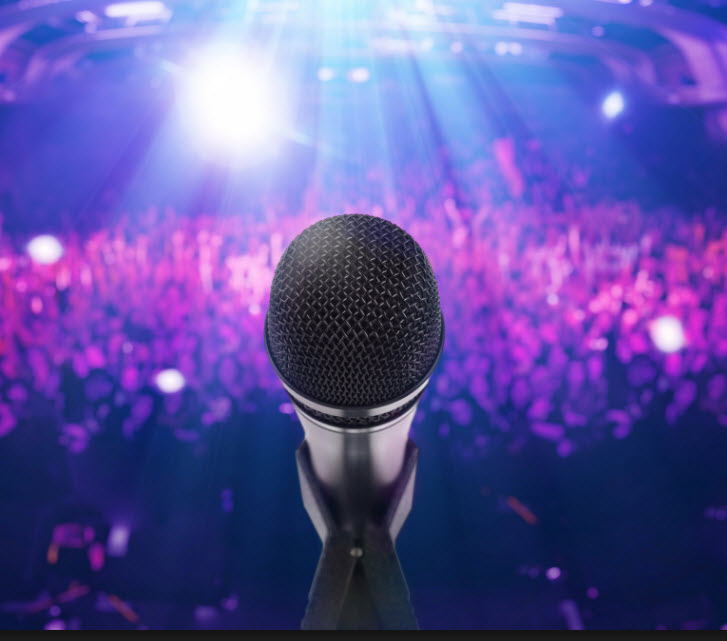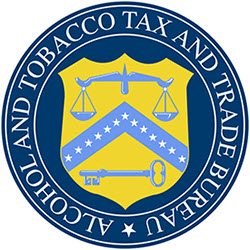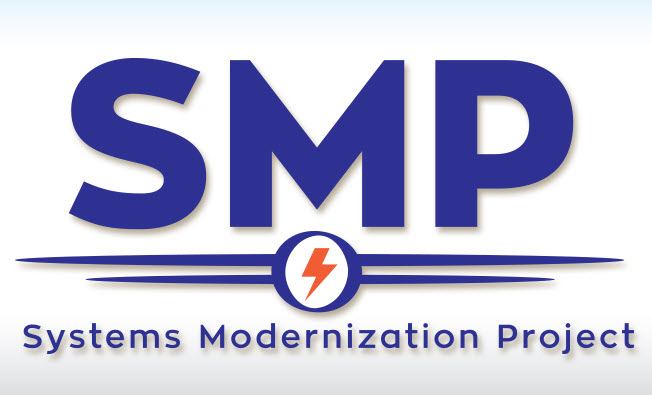Table of Contents
- Sports Entertainment Facility Licencees Need to Knows
- Do You Need a Special Occasion License, Banquet Permit or Licensed Caterer for Your Event?
- What You Can/Cannot Do with a Banquet Permit
- What Are the Requirements for my Business to Conduct a Tasting?
- Tobacco, Tax and Trade Bureau (TTB) - What You Need to Know
- Who Must Qualify for a Liquor License?
- Compliance Manager Sharon Hendricks is Retiring
- New Washington State Drivers License Format
- How to Deal with Overservice – What to Look for and What to do if You Need to Cut-off a Patron
- Industry Rulemaking Update
- Systems Modernization Project Update
- Feedback
Sports Entertainment Facility Need to Knows
 Did you know?
Did you know?
-
To have darkened house events, you must seek approval from Licensing through your operating plan
-
The local authority has to agree to police these events or we cannot approve the request
-
To cater an event, you must have a caterer’s endorsement added to your Sports Entertainment Facility license. The caterer’s endorsement allows you to remove alcohol from your licensed premises to cater events at another location that is not licensed
-
You must include every event on the monthly list of events you send to your enforcement officer
Do You Need a Special Occasion License, Banquet Permit or Licensed Caterer for Your Event?
Our staff get asked this question often, especially as the weather turns warmer. We've put together this handout to help you pick the appropriate license or permit for your event.
What You Can/Cannot Do with a Banquet Permit
Can Do:
- Serve beer, wine and spirits at a private event by the host, or attendees may bring their own (BYOB)
- Hold the event at either a licensed or unlicensed location (the host needs local jurisdiction approval if held in a public place)
- Purchase alcohol at retail price
- Invite attendees by personal invitation
- Sell alcohol or ask for donations for the alcohol
- Receive donated alcohol or purchase at wholesale from a distributor, manufacturer or retailer
- Have an event that is open to the public
- Advertise the event - this includes all social media
- Use for business purposes (promote your business)
Tobacco, Tax and Trade Bureau (TTB) - What You Need to Know

What Are the Requirements for my Business to Conduct a Tasting Event?
Who can conduct tastings, how much can be served, and whether they need a MAST permit are all dictated by which license your business holds. To cut down on the confusion our Enforcement and Licensing Divisions have created a guide illustrating what is and is not allowed when it comes to having a tasting event.
Who Must Qualify for a Liquor License?
In 2015, WAC 314-07-035, regarding what persons or entities have to qualify for a liquor license, was changed. The change affects privately held corporations and now requires all corporate officers and stockholders holding more than 10 percent of the stock and their spouses to qualify for the liquor license.
Compliance Manager Sharon Hendricks is Retiring!

New Washington State Drivers License Format

Recently the Department of Licensing unveiled a new format for drivers licenses and identification cards. The new format has additional security features to help with recognizing a fake IDs. Please take a few minutes to watch this helpful and informative video detailing the new driver license and how it is being rolled-out across Washington. In addition to the video DOL has put together a flyer to help your employees should they have questions.
You have probably seen someone showing two or more of these signs of intoxication: overly friendly, bragging, speaking loudly, sudden or unexplained mood changes, annoys other customers, complains about the strength of the drink or slowness of service, consumes drinks faster than usual, argues with employees or customers, uses foul language, doesn’t want to communicate except to order drinks, buys rounds for strangers or the house, eyes are glassy – dilated pupils – lack of focus, loss of train of thought – stops talking mid-sentence, slurred speech or speaking slowly and deliberately, unable to pick up money or drops money, spills drink – misses mouth with glass, head bobs – eyelids droop – looks sleepy, and staggers while walking or sways while attempting to stand still.
Be courteous but firm. Avoid creating a confrontation but don’t back down. Don’t make statements which may provoke or embarrass the customer. Chat briefly with the customer to help determine their level of sobriety. If the customer is part of a group, consider speaking with a sober member of the group and suggest the customer be taken home and not allowed to drive. If alone, offer to call them a cab. When a customer begins to display apparent signs of intoxication, do not simply serve them slowed-down or weakened drinks. No amount of alcohol may be served or sold to an apparently intoxicated person and any alcohol possessed must be removed. Do not attempt to physically prevent a customer from leaving in a vehicle; tell them you will call 911 for their safety and the safety of others.
Industry Rulemaking Update
- Rulemaking is currently open for mobile applications to purchase alcohol over the internet. The Board will receive proposed rule language at the April 21 Board meeting.
- Rulemaking is currently open for non-retail licenses, including breweries, microbreweries, wineries and distilleries. These rules are being reviewed for relevance, clarification and necessity.
- Rules review is underway for retail license requirements. A supplemental rulemaking notice was filed on March 22, and a public hearing is scheduled for the May 5 Board meeting.
Systems Modernization Project

Our Systems Modernization Project (SMP) is presently underway. After mapping all of the agency's business processes staff are now working with the vendor to configure the new system to perform those processes -streamlining and modernizing wherever possible. The project is approximately 33 percent complete, on budget and scheduled for launch in November of this year. You can learn more about the project (funding, vendors, benefits, etc.) here.
Feedback
Please take a moment to give us some feedback on this newsletter by participating in a brief survey.




